Description
Dextrin, also spelled as “dextrine,” is a carbohydrate that is derived from the partial hydrolysis of starch. It is not a specific compound but rather a group of low-molecular-weight carbohydrates that result from the breakdown of starch molecules. Here are some key points about dextrin:
- Formation: Dextrin is formed when starch, which is a polymer of glucose molecules, undergoes hydrolysis, usually through the action of heat, acids, or enzymes. This process breaks the long starch chains into shorter chains and individual glucose units.
- Physical Properties:
- Appearance: Dextrin is typically a white to yellowish powder or a small, white, or yellowish granule.
- Solubility: It is soluble in water and forms a clear or slightly cloudy solution.
- Applications:
- Food Industry: Dextrin is commonly used in the food industry for various purposes, including as a thickener, binder, and stabilizer in food products such as soups, sauces, and salad dressings. It is also used in baked goods, snacks, and confectionery as a crispness enhancer and as a dusting agent for foods like candy and chewing gum.
- Pharmaceuticals: Dextrin can be used in pharmaceutical tablets and capsules as a binder or disintegrant to help hold the tablet together or promote its disintegration in the body.
- Adhesives: Dextrin-based adhesives are used in the paper industry and for various other bonding applications.
- Textiles: It is used in textile printing as a thickening agent for dyes.
- Nutritional Value: Dextrin is a carbohydrate, and it provides calories when consumed. However, it is not a significant source of nutrients or energy in the diet.
- Gluten-Free: Dextrin is typically gluten-free, which makes it suitable for individuals with gluten sensitivity or celiac disease. However, it’s important to confirm its gluten-free status on product labels, as additives and processing methods can vary.
- Safety: Dextrin is generally considered safe for consumption when used in accordance with food regulations. It is well-tolerated by most people and is not associated with significant health risks.
Dextrin’s versatility in various applications, particularly in the food industry, makes it a valuable ingredient for achieving specific textures and properties in a wide range of products. Its use as a thickener, binder, and stabilizer contributes to the texture, mouthfeel, and shelf stability of many processed foods.

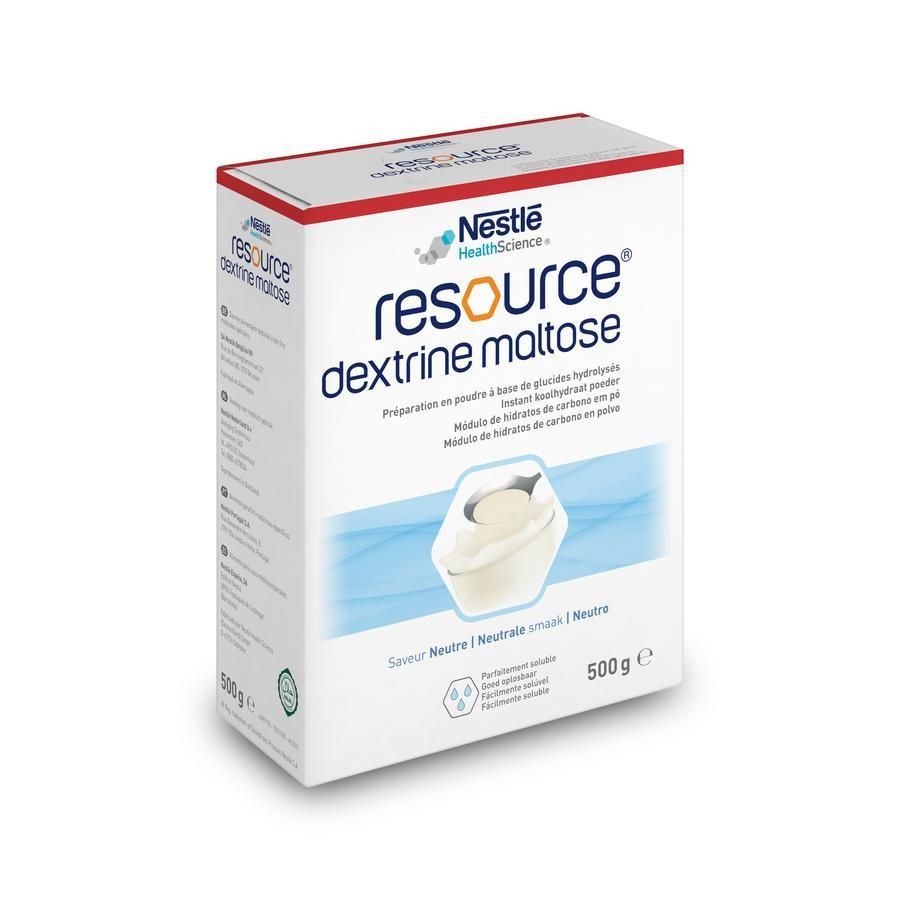
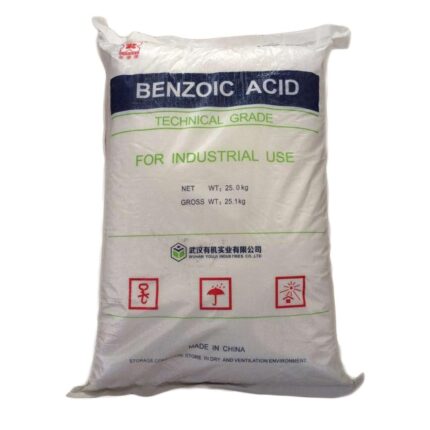
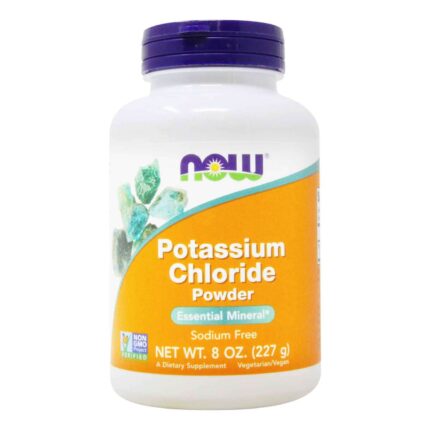
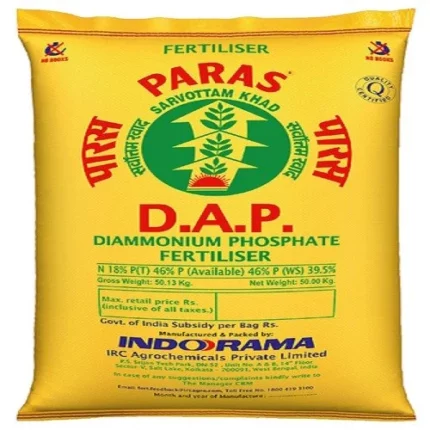
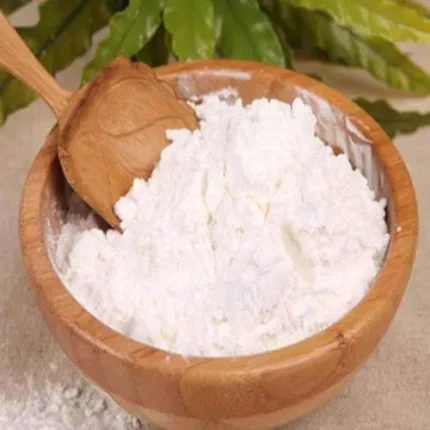
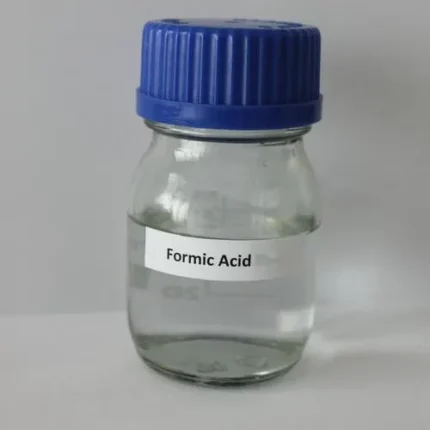
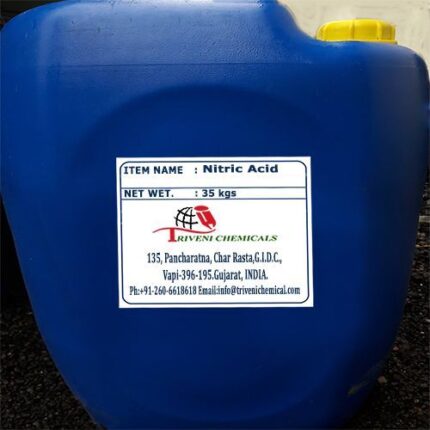
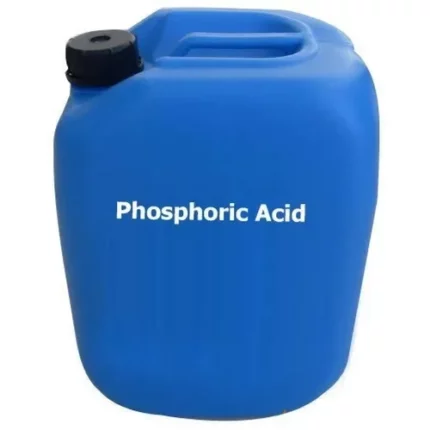
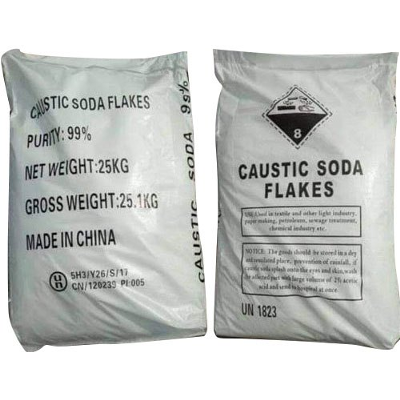
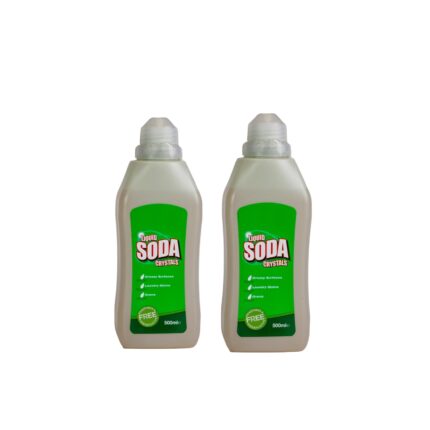
Reviews
There are no reviews yet.